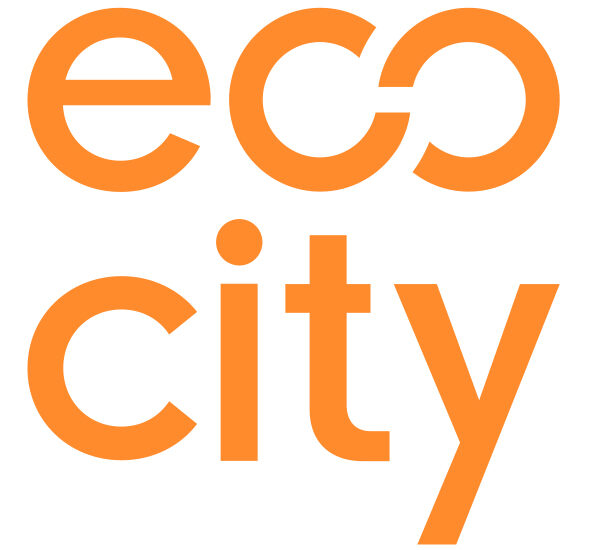”I sincerely hope this project succeeds as it will be a major
Wolfgang Thierseformer President of the German Bundestag
milestone to pave a brighter future.

challenges
The future will be decided in cities
Migration is one of the central topics of the 21st century according to a recent UN assessment. More and more people are leaving their countries due to existential threats (war, climate change, ethnic and religious conflicts), determined to find a new perspective in another country. Already there are around one million refugees in Germany, many of them asylum seekers.
A successful integration into civil society is essential for the humanitarian mission but also to prevent destabilisation of the destination country.
The current, sometimes extremely emotional and populist conflicts in Germany and Europe show the explosive nature of the issue and its great potential for social conflict.
The impacts of climate change like droughts, resource-scarcity and weather extremes
will exacerbate this process and increase mass-migration.
It is well-documented that the reasons for this development are mainly found in urban areas and will need to be addressed there. Innovative technologies and strategies already enable sustainable, purposeful and efficient societal change locally. These technologies will enable a new local economy based on sustainable and resilient nutrient, water and energy cycles.
The transformation of cities into networked circular systems is being tested and taught in Wünsdorf, a model and research city. Here, people from all over the world can learn and work together – in order to promote the development of self-reliant eco-cities in their home countries and in crisis areas.
urban (r)evolution
”The ecological transformation of our cities is the most urgent task of the 21st century. The natural foundations of life of present and future generations are endangered by the consequences of a linear and short-term optimization of individual, technical, social and economic systems to an unprecedented extent.
Ekhart HahnProject founder and chairman
From the tanker to the
sailing society
The large-scale linear and resource-consuming structures of the industrial-fossil tanker age have proved to be an ecological dead end. They are dependent on global supply and disposal systems, require material- and energy-intensive infrastructures – and are mostly less flexible systems with short life cycles.
For me as a sailor, the metaphor of the transition from the industrial-fossil tanker age to a new post-modern sailing ship age is a particularly striking and memorable symbolic force for the social and settlement ecological paradigm shift into a sustainable future in the 21st century.
The sailing ship stands for small-scale, flexible, network and synergy-oriented system structures based on the latest scientific findings and thus also for the use of locally available and renewable raw materials and energy sources.
It stands for the intelligent interaction of man, nature and technology, through organic and sensory design, transparency and the experience of the relationship between man and the environment.
The city of the future is cellular
An Eco City consists of several neighborhoods. The four dimensions of sustainability work in each cell. The focus is always on people – and a renewal of their relationship to nature and the environment. The Wünsdorf campus is to be understood as a model on the basis of which the cellular city is researched and tested.


human focus
Ecological dimension
Rethink the metabolism between humans and nature and integrate into daily life: local energy systems / integrated water, nutrient and material cycles
Economical dimension
Circular economy promotes local value creation, economy and jobs / sharing economy saves resources / consumers become producers
Cultural dimension
Space for play, art and culture in the neighborhood and district / aesthetics as a guiding principle for all areas of design and life / healing the relationship between man and nature
Social dimension
Participation, decision-making and shaping / Meaningful life, work and leisure options / new living and neighborhood models
/ lifelong learning and working
